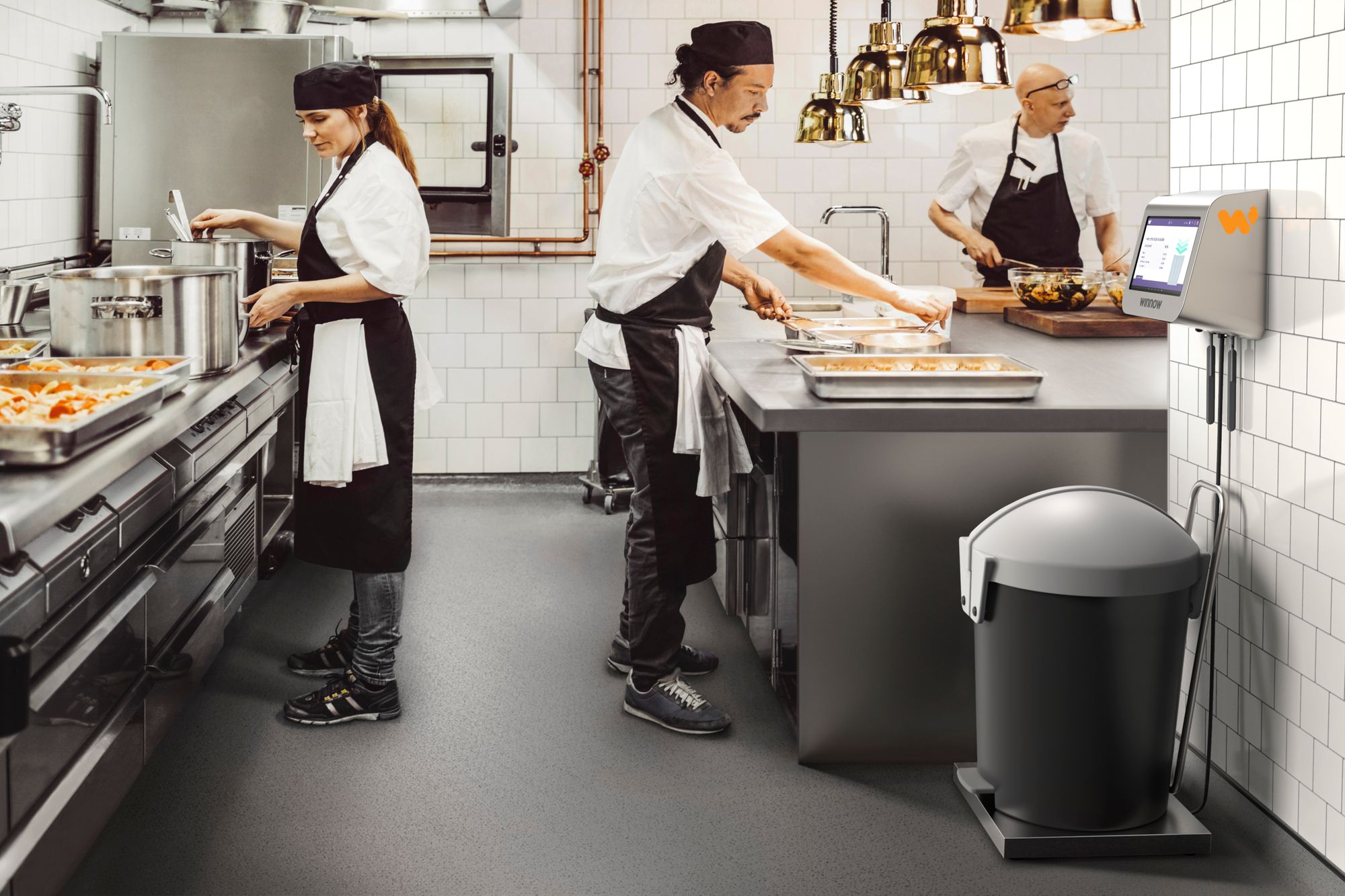Labelbox•April 22, 2021
How enterprises can combat climate change with ML

Artificial intelligence can help change the world, from the way businesses and governments operate to the way we plant crops, cure diseases — and take care of our planet. At Labelbox, we’ve seen our customers train machine learning models to tackle the effects of climate change in a myriad of ways, from insurance providers that use algorithms and climate science to assess risk to empowering individuals to pick up litter. In this post, we’ll explore two very different enterprises using ML to help save the planet.
Reducing waste in commercial kitchens
UK based Winnow Solutions was launched as a commercial business to tackle the problem of food waste with an AI-powered solution that can help kitchens around the world. “Globally, a third of all food ends up being wasted, and if food waste was a country it’d be the third-largest emitter of greenhouse gases after America and China,” said David Jackson, Director of Marketing & PR at Winnow.
Winnow’s AI solution is easy to use for chefs and staff in large, busy kitchens of resorts, hotels, cruise-lines, and more. Whenever food is thrown away, its weight is measured by a scale attached to the trash can, and the camera above will capture an image of the food. The AI then identifies the dish, and at the end of the day, the kitchen will have detailed data on what food items were thrown away and when, enabling chefs and leadership to make data-driven decisions to reduce waste.

“Our fundamental reason for using computer vision at Winnow is to help our customers focus on insights and actions aimed to reduce waste rather than spending time on data entry or other manual tasks,” said Jackson. “Ultimately, we want to make the tracking of food waste an automated process, with no added steps for the kitchen staff.” Giving kitchen teams fast, accurate data to help them pinpoint food waste can, in some cases, help them cut waste by over 50%.
Kitchens who use Winnow’s solution today are collectively saving about $40 million per year just from reducing food waste — resulting in a cleaner planet as well as more profitable businesses.
Gathering actionable data on litter
Litterati began as an Instagram movement, where participants would post artistic photos of litter they found and picked up. Founder and CEO Jeff Kirschner quickly realized that the photos could be used for something bigger than a social media trend: they were data points that could uncover patterns in the litter problem that affects the whole planet.

Today, Litterati is an easy-to-use app that lets users take photos of pieces of litter, geotag it and give other identifying information, and feeds each of these images into a bank of data. This data has been used by governments around the world to enact policies — including a tax on cigarette companies — based on real data. It’s also been used by communities, schools, and businesses for everything from a fun team building activity to movements that reduce specific types of harmful litter, such as plastic cough drop wrappers.
“Our primary philosophy is that through AI, you can use a lot of information which can create actionable policies and change a lot of things in the long term,” said Kush Aswani, Data Scientist at Litterati. “We provide a factual basis for change.”
Using ML to save the planet and help your business
Even if your enterprise doesn’t currently have any policies in place to reduce waste or mitigate the effects of climate change, it’s possible to find an ML use case that benefits your bottom line while helping the planet.
“We would certainly encourage others in the space to explore new use cases for AI/ML that drive efficiencies up and down the value chain,” said Jackson.
Finding the best ML use cases to drive Earth-friendly change at your enterprise takes both careful research and an open mindset. “AI/ML in itself won't drive change. We've also spent almost a decade listening to our users to better understand how insights, presented in an actionable format, can help cut food waste in half. A focus on the end user, understanding their pain points and finding ways to solve them is ultimately the way to scale solutions that scale,” said Jackson.
“When your employees are coming up with new ideas and solutions, give them a chance,” said Aswani. “They might not all work, but that’s how you find what makes a real difference.”
Check out their websites for more about how Winnow and Litterati are helping to clean the planet. Ready to start training your own Earth-friendly ML model? Learn how a training data platform like Labelbox can help you get to production faster.

 All blog posts
All blog posts